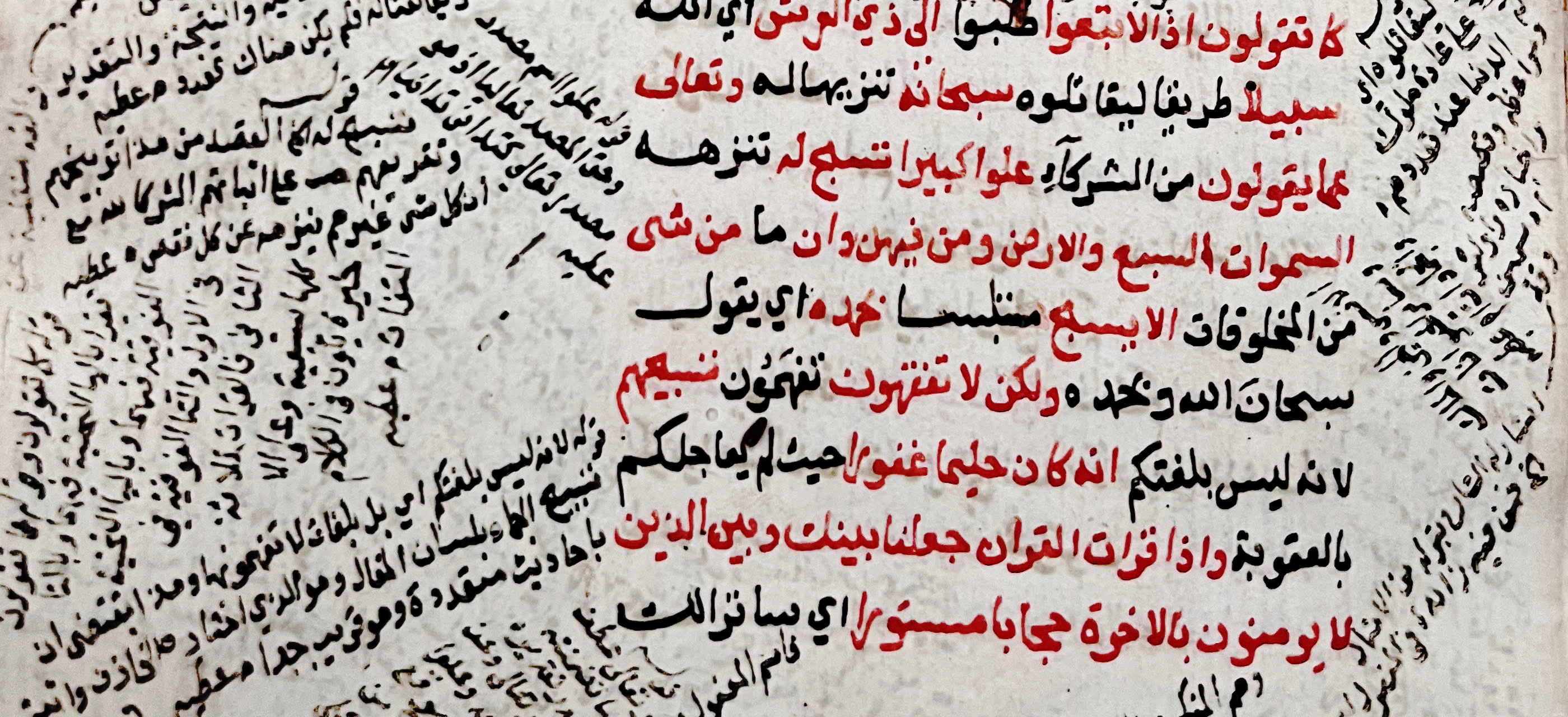Mit der Waffe des Islams gegen Zionisten und Anthropomorphisten. Die politische Relevanz mittelalterlicher Theologie im ibāḍitischen Islam der Gegenwart
Contenu
- Titre
- Mit der Waffe des Islams gegen Zionisten und Anthropomorphisten. Die politische Relevanz mittelalterlicher Theologie im ibāḍitischen Islam der Gegenwart
- Créateur
- Berger, Lutz Voir tous les contenus avec cette valeur
- Date
- 2008
- Dans
- Die Welt des Islams Voir tous les contenus avec cette valeur
- Résumé
- Starting from the polemics of the Ibāḍī mufti of Oman, Aḥmad al-Khalīlī, with Ibn Bāz and other Wahhābī 'ulamā' this paper addresses how representatives of contemporary Islam try to overcome sectarian differences and how they make sense of medieval theological precepts in a radically changed intellectual and political environment. The paper stresses the role of (invented traditions of) resistance against external and internal foes (imperialism and--to a lesser degree--Sufism) as ideological basis for modernist Islamic ecumenism. Remaining sectarian differences are explained by pretending that rival sects are in reality agents of external enemies of Islam. An example of this argumentation is Aḥmad al-Khalīlī's effort to remove the Wahhābīs from the fold of Islam by making Wahhābism a Jewish sect with Islamic trappings. For this purpose Aḥmad al-Khalīlī recycles premodern Ibāḍī polemic against the Sunnis at large. Medieval theologoumena are thereby given a present-day political meaning. Without openly attacking the Sultan, the mufti al-Khalīlī's arguments against the Wahhābīs can at the same time be read as a document of opposition against the Omani regime's policies, in a situation where the Sultanate is confronted by a resurgence of political Ibāḍism.
- Langue
- ger
- volume
- 48
- numéro
- 2
- pages
- 222-239
- doi
- 10.1163/157006008X335949
- issn
- 0043-2539
- Source
- Fonds Martin Custers Voir tous les contenus avec cette valeur
- Ibadica Voir tous les contenus avec cette valeur
Berger, Lutz, “Mit der Waffe des Islams gegen Zionisten und Anthropomorphisten. Die politische Relevanz mittelalterlicher Theologie im ibāḍitischen Islam der Gegenwart”, 2008, bibliographie, consulté le 8 septembre 2024, https://ibadica.org/s/bibliographie/item/1876
Position : 1210 (10 vues)

